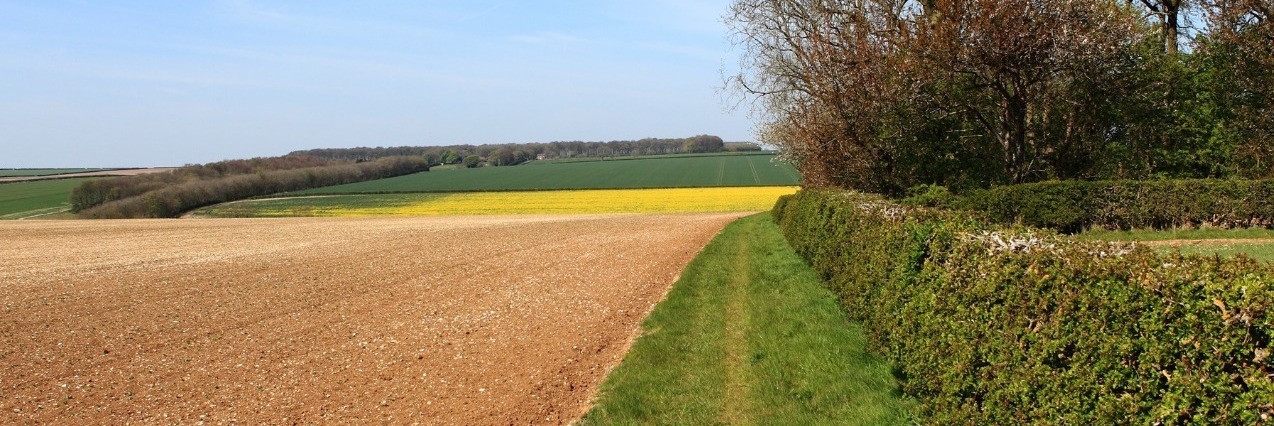From theory to field: the challenges of knowledge transfer
It may come as a surprise that some farmers feel little practical benefit from the majority of agricultural science research.
One of the most powerful insights research has to offer is why and how something works as it does. Ideally all research aims to understand and improve some aspect of the world in which we live but, all too often, the research can be lost in translation.
Sometimes research can be abstract – focusing only on a particular theory – or too specific, in confining itself to a particular set of experimental conditions. Moreover, researchers usually write for other researchers, sometimes in technical language. Finally, there is so much of it to work through that even researchers themselves struggle to keep up. This was highlighted as one of the biggest challenges facing researchers in our most recent researcher survey.
Farmers need to know what to do, yes. But they also want to know why and how a particular technique works. No-till is a great example: farmers have embraced this, and other measures that promote soil health, because they’ve benefited from clear research that demonstrates why soil health matters and how no-till contributes to its improvement.
Objectivity is another huge benefit of good research. Farmers are constantly bombarded by competing claims of the relative merits of commercial products, be it through advertising, magazine articles, internet forums or social media. Yet the research community’s staunch commitment to evidence, and expectation of peer review before publication, makes it possible to establish more objectively not only whether those claims stack up, but the factors determining efficacy.
At Burleigh Dodds Science Publishing, we’re trying to bridge this gap between the valuable, but sometimes inaccessible, work conducted by researchers and the increasing appetite of farmers to build on their existing knowledge. Applying results from new research avenues can lead to their own on-farm innovations. We believe there is a better way to transfer knowledge, from theory to practice and from lab to field.
That’s why we’ve asked leading experts in agriculture to review and synthesise the key studies on a particular topic, be it black-grass resistance, management of mastitis, or pig welfare improvements, for publication in the Burleigh Dodds Science Chapters Database – easy-to-access, up-to-the-minute research, presented in a practical format for immediate adoption and application.
By helping to explain how crops and animals develop in the remarkable ways they do, as well as the complex ways they interact both positively and negatively with their environment, our database of chapters provide a foundation for improving existing techniques and developing and validating new methods. It covers key crops and livestock species as well as the underlying themes recognised in agriculture, from environmental sustainability to crop protection, is a rich source to mine. In addition, many chapters include case studies showing how these insights – the how and why – can be translated into improved practices in real-world conditions.
Through these first steps, we can convert the raw material of research into practical actions an individual farmer can use on her/his farm. By leveraging the vital role of agronomy and extension services, we can translate research into applied guidelines, appropriate for adoption in local farming networks – and contribute to the valuable work of fostering innovation and development, in pursuit of a more sustainable, more productive and more efficient form of agriculture, climate-smart and environmentally aware.







